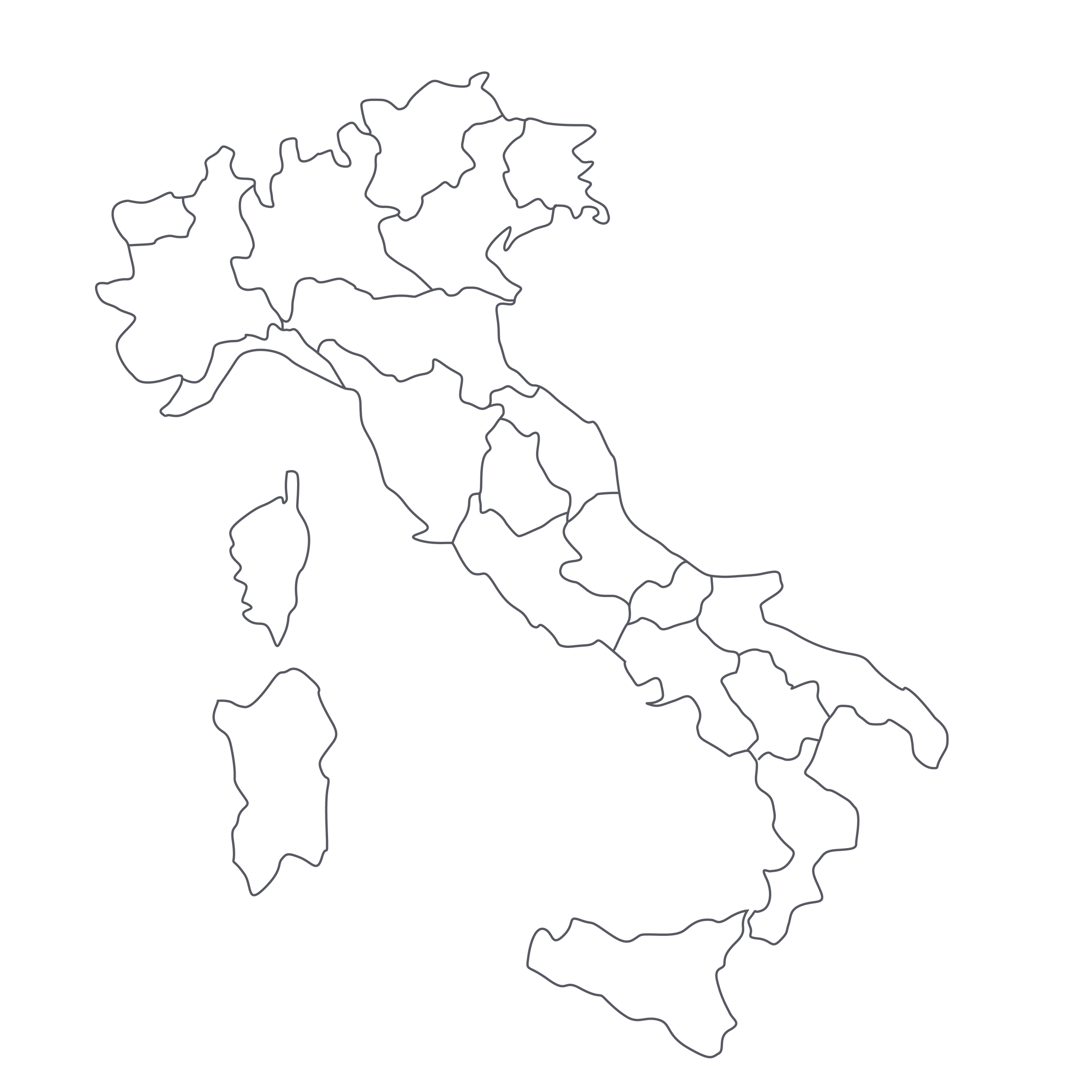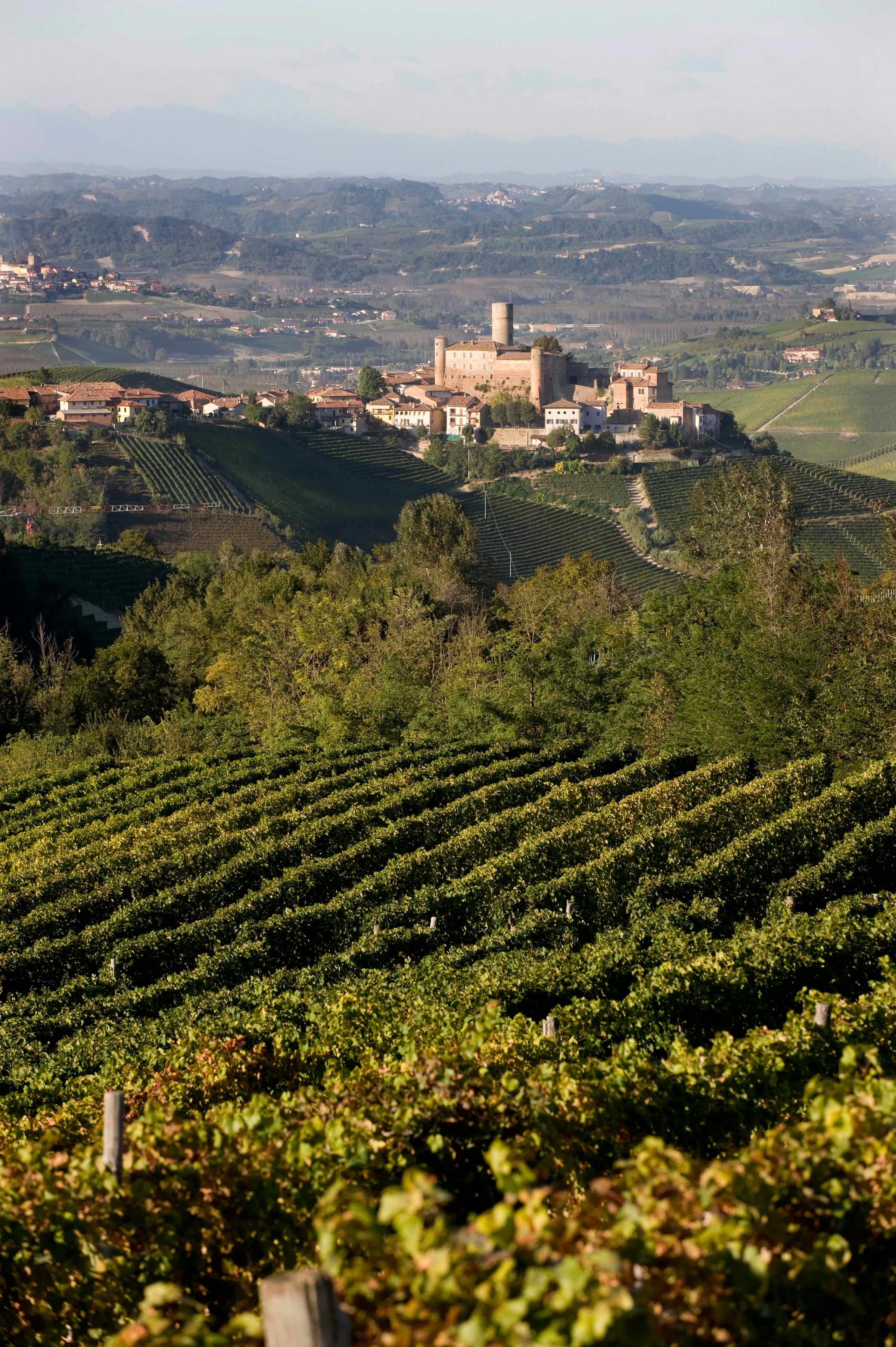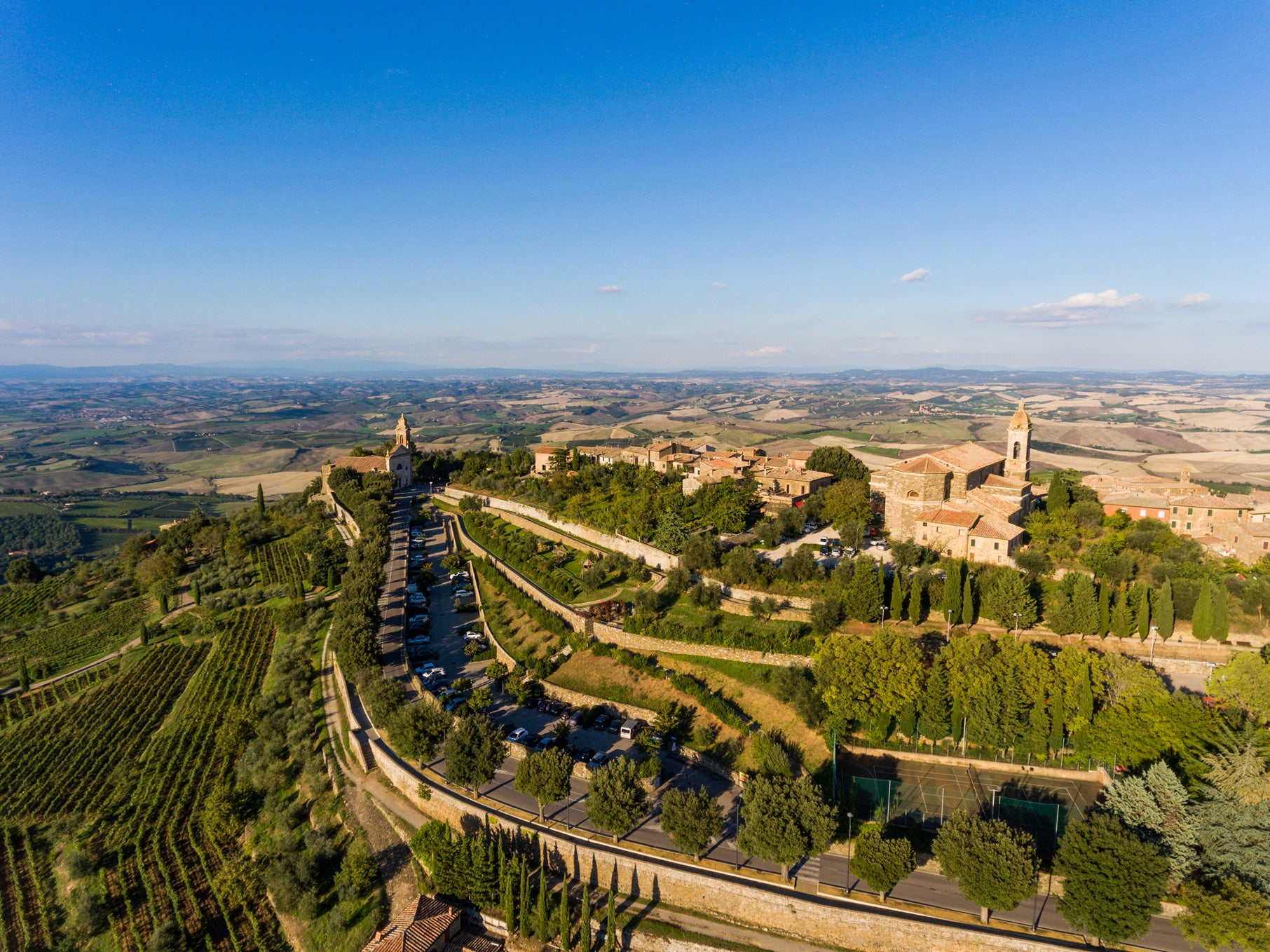With a history that dates back to the Stone Age, Sardinia has been a source of wine throughout Europe since at least the middle ages. By the sixteenth century, it was known as, “insular vini,” or wine island for its source of quality wine. Thanks to its incredibly varied history, Sardinia easily has as much in common with Spain as it does Italy. In fact, this varietal, Cannonau, is actually a synonym for Grenache and is believed to have evolved from ancient clones of Spanish Garnacha. A whole new take on the varietal, Cannonau di Sardegna thrives in this Mediterranean microclimate and predominantly granite soils. This particular example is rooted at 150 meters in weathered granite and loam soils, which translates to the distinct minerality in the wine.
Founded in 1979 by Filippo Mura the estate rests in the town of Loiri, Porto San Paolo where the apostle Paul is said to have landed before he embarked inland for a life of hermitage in Gallura. The Mura estate is now meticulously run by Filippo’s sons who hand-harvest their pristine, low-yielding fruit in the first ten days in October. Maceration takes place over 7-8 days prior to a gradual, gentle fermentation. Following the DOC-required year in oak, the wine is aged for an additional six months in bottle before release. The Cortes, or “estate,” Cannonau di Sardegna delivers a unique snapshot of Sardinian terroir with a sensory journey akin to quality red Burgundy for an incredible value.
This 2012 Cannonau has a transparent deep ruby core with garnet and slight orange reflections on the rim. The perfumed nose is dominated by aromatics of freshly picked wild berries and salted plum over secondary notes of strawberry liqueur, red tobacco leaf, a bouquet of mountain wildflowers, wild herbs, white pepper, a touch of game and mushrooms that bring together an array of aromas that prompts immediate thirst. Upon first sip, this wine delivers additional flavors of wild berries, tea leaf, red tobacco, wild mushrooms and crushed rocks. Decant this wine for thirty minutes and serve in Burgundy stems at cellar temperature with this
Sardinian Malloreddus pasta dish for an incredible evening.




